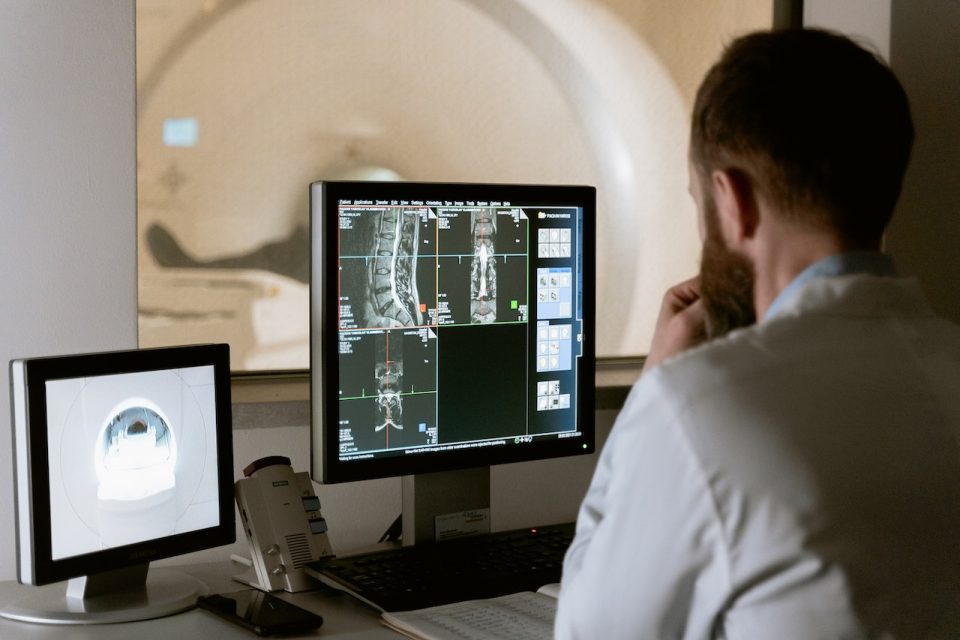SeaStar Medical Holding Corporation (Nasdaq: ICU) has achieved a significant milestone in the development of its revolutionary medical device. Focused on pioneering solutions to mitigate hyperinflammation’s impact on vital organs, SeaStar Medical Holding has garnered the coveted US Food and Drug Administration (FDA) Breakthrough Device Designation for its pioneering Selective Cytopheretic Device (SCD). This patented, first-in-class device is tailored for patients in the intensive care unit (ICU) grappling with acute kidney injury (AKI) and acute on chronic liver failure. Following this regulatory endorsement, SeaStar Medical Holdings observed a remarkable surge in its shares.
At the time of this publication, SeaStar Medical Holding Corporation stock (ICU) has witnessed a surge.
SeaStar Medical Holding Corp
Current Price: $0.66
Change : +0.21
Change (%): (45.48%)
Volume: 110.2M
Source: Tomorrow Events Market Data
This is the third such Breakthrough Device Designation extended by the FDA to SeaStar Medical for the SCD device, promising to accelerate its clinical development and regulatory evaluation for this critical patient demographic.
Dr. Kevin Chung, Chief Medical Officer of SeaStar Medical, shed light on the dire circumstances that patients with hepatorenal syndrome face. He emphasized, “Hepatorenal syndrome is characterized by an abrupt deterioration of kidney function, driven by a hyperinflammatory process in people with advanced liver cirrhosis, and is associated with an unacceptably high mortality.” Dr. Chung expressed optimism regarding the potential of the SCD in facilitating kidney recovery, potentially rendering these patients eligible for life-saving liver transplants.
The prognosis for patients grappling with hepatorenal syndrome in the absence of intervention is bleak, with the majority succumbing within weeks of renal failure onset. For those with severe acute on chronic liver failure and four or more organ failures, the 28-day mortality rate is a staggering 100%. Annually, the U.S. records approximately 700,000 cases of hepatorenal syndrome, incurring an estimated economic burden of $4.2 billion in 2019.
A pilot study initiated by investigators at the University of Michigan yielded promising results. The study assessed SCD treatment in two patients with type 1 hepatorenal syndrome. In both cases, positive clinical outcomes were observed. One patient, afflicted with hepatorenal syndrome due to acute alcoholic hepatitis, remained alive at day 90 after seven days of SCD treatment and was undergoing evaluation for liver transplantation. The other patient, suffering from hepatorenal syndrome due to non-alcoholic steatohepatitis (NASH), successfully underwent liver transplantation just six days after concluding SCD therapy. These findings highlight the potential of SCD immunomodulation in treating acute on chronic liver failure, regardless of its origin, serving as a bridge to evaluation or successful intervention for liver transplantation. These cases were recently published in the American Society for Artificial Internal Organs Journal in August of this year.
CEO SeaStar Medical Eric Schlorff expressed gratitude for the decision of FDA to grant Breakthrough Device Designation for the SCD in hepatorenal syndrome. This accolade follows similar acknowledgments for adult AKI in 2022 and cardiorenal syndrome the previous month. Schlorff emphasized, “We view this award as further validation of the potential life-saving approach of targeting dysregulated immune responses.” He also highlighted the SCD’s promise in improving solid organ function across various preclinical and clinical studies, encompassing conditions like sepsis, AKI, cardiorenal syndrome, and COVID-19. The ongoing pilot study at the University of Michigan is anticipated to yield invaluable insights for the pivotal study in this indication.

